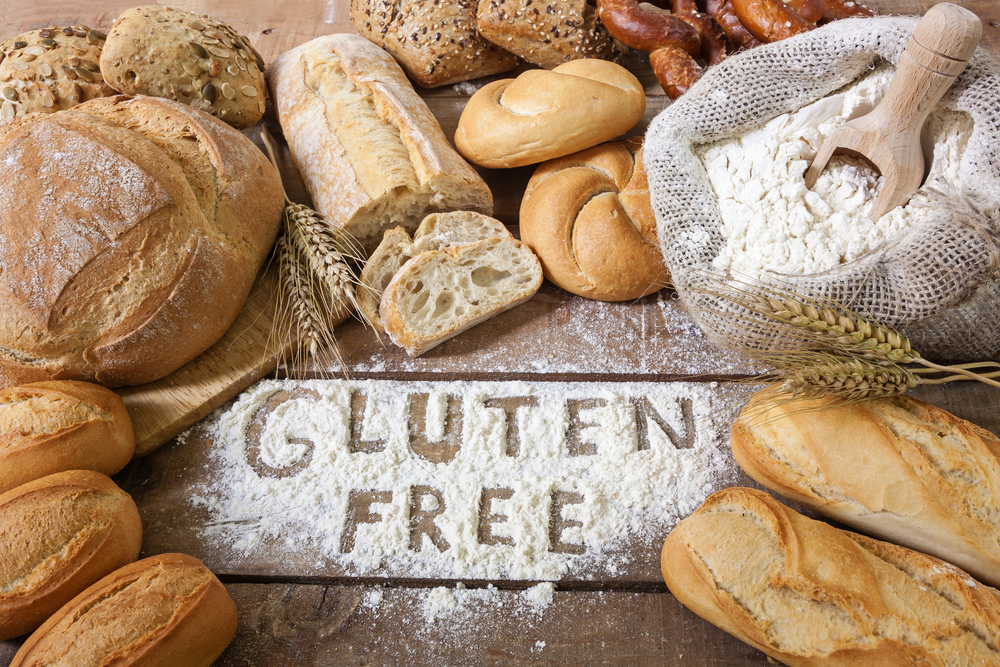In the current food industry, there is one big word that both chefs and customers throw around with a whole lot of gravitas: gluten. Since we are part of a cooking school, of course we have an obligation to say something informative. Let’s start off by copying and pasting the first paragraph from the “Gluten” page on Wikipedia:
“Gluten (from Latin gluten, ‘glue’) is a composite of storage proteins termed prolamins and glutelines found in wheat and related grains, including barley, rye, oat, and all their species and hybrids (such as spelt, khorasan, emmer, einkorn, triticale, etc.)…It gives elasticity to dough, helping it rise and keep its shape and often gives the final product a chewy texture.”
THAT is gluten. The next time you are at a cocktail party, double date, or whatever applicable event, you should try busting out the above text to the best of your ability; the impression you make on the people you talk to will be more important than just saying, “WELL, I don’t know about gluten and could care less.”
Then what’s the issue with gluten? Well, there really isn’t one – not unless you have celiac disease. People with this genetic disorder follow a strict gluten-free diet, because if not, they might suffer from one or more of the following symptoms:
- Abdominal bloating/pain
- Fatigue
- Weight loss
- Delayed growth/puberty
- Irritability and behavioral issues
- Vomiting
- Chronic diarrhea
- Pale, foul-smelling, or fatty stool (yeah, we saved the best for last)
So there is a difference between the customers who say, “I’m a celiac. Do you happen to have any gluten-free food,” and the ones who blurt out, “I CANNOT HAVE GLUTEN AND I CANNOT GIVE YOU AN ACCURATE REASON WHY.” For the latter, their motivations aren’t too foreign – cutting down on gluten-based foods (mainly breads and pastas) does lead to increased weight-loss. However, as a cooking school, when we encounter people who order gluten-free food without knowing what they will be putting in their mouths, we tend to crack a smile.
With all that said, there is a hidden problem with gluten. If a person does not have celiac disease then they SHOULD DO NOT GO ENTIRELY GLUTEN FREE. A study in the BMJ states that going gluten-free means a person reduces their intake of whole grains (which are known to have cardiovascular-health benefits). So, if you decide to undertake a “gluten-free diet,” know that you will actually increase the risk of heart problems.
There is a silver lining to all of this (especially to the reader who has done a gluten-free diet). The BMJ study saw no noteworthy association between . In other words, if you’ve cut out gluten in your foods, you’ll feel more instances of heartburns, not heart attacks.
So go ahead, non-celiacs: eat as much (or as little) gluten to your heart’s content! We just hope that you’ll remember this little piece of trivia as you do so.

